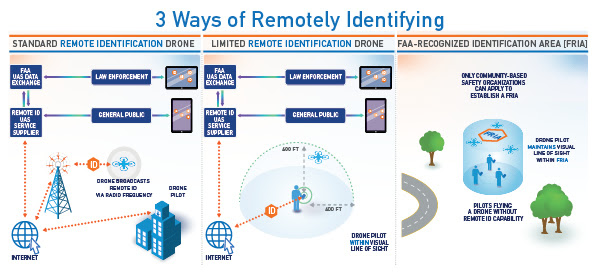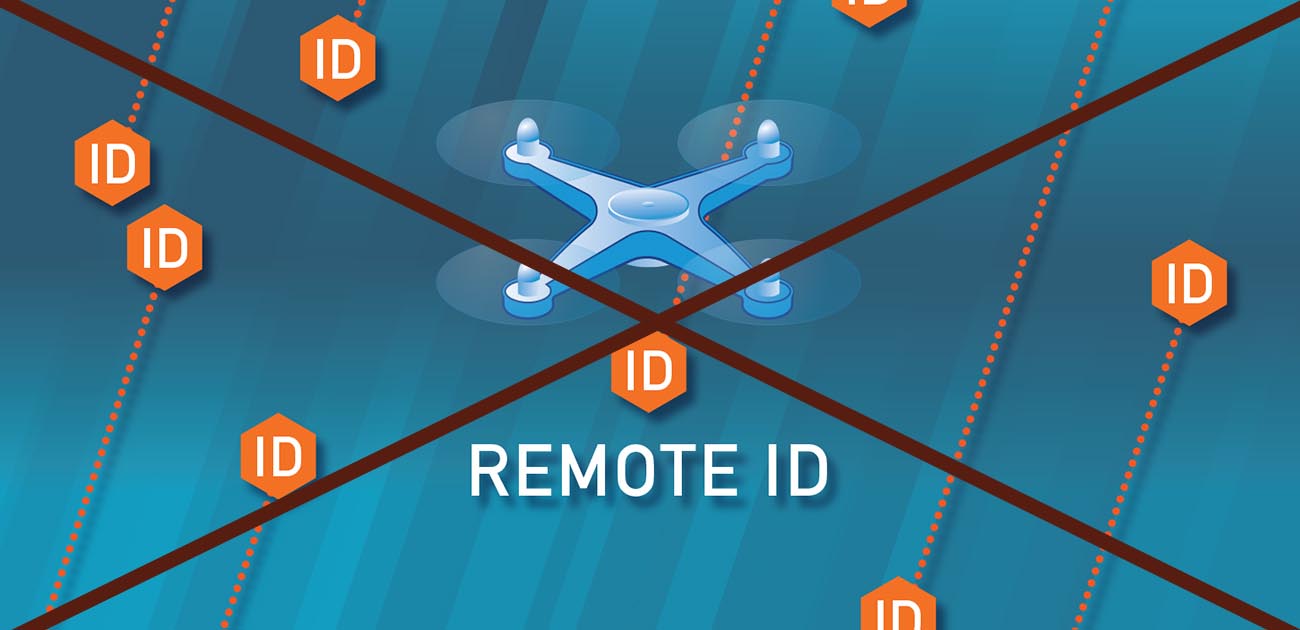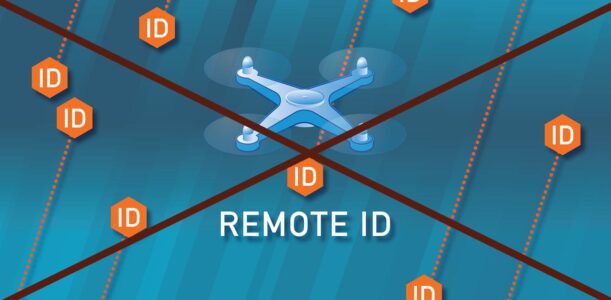The new FAA Law Proposal for Remote Pilot ID requiring remote identification of unmanned aircraft systems (UAS) will be published on December 31st beginning its 60 day comment period. This is a rule that may change the sUAS landscape and all drone operators need to speak out against this law.
This law, if enacted, will likely cause drone operators who have been trying to comply with drone law into rogue pilots. It will limit the ability of law-abiding pilots to practice their craft and will likely put them at risk.
According to the FAA, “The remote identification of unmanned aircraft systems in the airspace of the United States would address safety, national security, and law enforcement concerns regarding the further integration of these aircraft into the airspace of the United States while also enabling greater operational capabilities.”

The Remote ID will allow the public to locate the UAS pilot leading to more confrontations. We are in an environment where legally operating drones have been shot down and pilots assaulted. How long will it be before a pilot is killed for practicing their skill or hobby?- Picture from FAA promotion of new law.
On the face of it, I agree with this necessity. I am also in the military, so I understand what these devices can do if misused. I agree with the registration and I agree with licensing. However, I DO NOT agree with allowing anybody with a smartphone app the ability to find my exact location when I am flying. Which is exactly what this will do.
I am concerned with the safety of the operator and my safety. It doesn’t take long to find stories and videos of drones being shot out of the sky by nosy lone rangers that think they have a right to do so. There have been several violent assaults on drone operators. There are instructionals on YouTube of how to bring down a drone. YouTube is rife with people bragging about how they have destroyed property.
The FAA wants to create a tool where, through Remote ID, anyone with the app can find out exactly where a pilot is located. How long before the destruction of property becomes a sport of hunting the pilot? I’ve never been physically assaulted, but I have been confronted while flying legally to the point that I landed and left the job site. This proposal to allow the public to track me makes me fear for my safety. The proposed rule risks the safety of the pilot and doesn’t even begin to accomplish what it claims to be trying to do.
Yes the FAA should be able to find the pilot. The police… ok… but they need to be educated on drone laws because they get it wrong more times than not. The general public though? That is dangerous.
Why then is this rule supported by big business? It throws them a bone. It helps to pave the way for allowing them exceptions to the “pesky” visual line of sight rule (VLOS) that prevents them from making the big bucks off drones. If the airspace is clearer for them, they make more money on their drone services without the pesky risk of the little guys and gals who are flying.
Additionally, it paves the way for the legal operation of beyond visual line of sight (BVLOS) flight for national security and law enforcement agencies. I’m not going to go down the rabbit hole of the surveillance state issues that this brings up, but I welcome others with more expertise to start chewing on that. The possible implications are scary. I hope the ACLU looks into tackling that.
I’ve been a Part 107 licensed drone operator for two years. I consider myself to be responsible. I notify whomever I should when operating. I adopted using the LAANC apps early even though each one is clunky and still needs a lot of work. I fly insured anytime there is the remote possibility I might need it.
In my time of legal and responsible operation, I have seen other pilots posting pictures and videos that are illegal. I’ve read stories about people flying where they shouldn’t and even read some accident reports. These people need to policed and the operation of drones needs to be done safely. The current laws are adequate for this without this new law punishing the rest of us.
What is going to happen if this law goes into effect? Well, there is a three-year period to get into compliance but I don’t think most drone operators will do that. Pilots won’t stop flying either. They will work around the law. They will continue to fly. They will fly smaller frames that are not subject to the law. They will fly hobbyist “RC” frames and will circumvent the FAA. The FAA will turn the law-abiding lawless and endanger the airspace further.
The current rules are not always easy to follow and people take shortcuts. I don’t buy insurance if I’m flying in a remote field, away from civilization with nothing to break or injure other than myself and my equipment. I am looking into mini-drones and FPV cine-whoops so I can fly under the weight class when I want to operate below the tree line. I am looking into smaller, lighter and more flexible options for when the FAA rules are too restrictive to allow for responsible operators to do their thing.
I am a responsible Part 107 sUAS operator. I understand that the FAA is behind when it comes to this technology. I get that they are going into extreme risk aversion. However, this will get a UAS operator killed. People have shot legally operating drones out of the air. Now they are going to give people a tool where they can go find the operator. This rule is dangerous, overly limiting and needs to be stopped.
The commentary period is open starting December 31st. If you are a drone pilot that is concerned about this law risking your safety you need to make sure to comment on this proposed rule.


